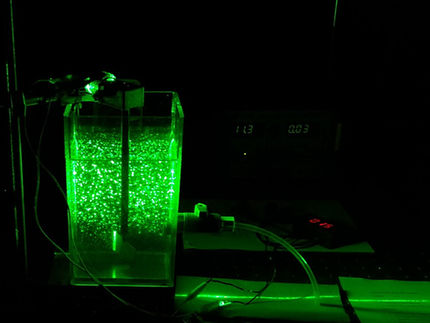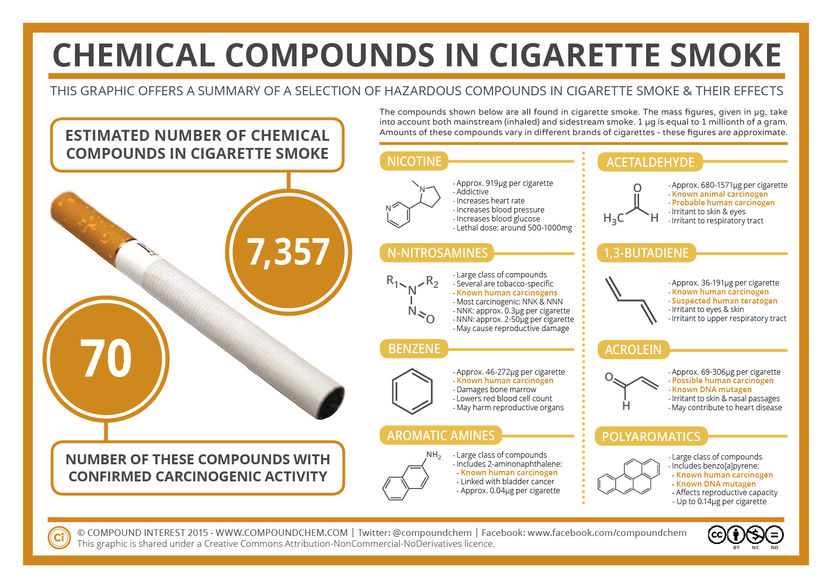EU Expansion Creates New Opportunities for Water Treatment Chemicals in Eastern Europe
Advertisement
On the 1st May 2004, eight Central and Eastern European (CEE) states joined the European Union: Estonia, Latvia, Lithuania, Poland, Czech Republic, Slovakia, Hungary and Slovenia. EU membership marked the fulfilment of these countries' political and economical goal of the past decade and the resulting simplification of export/import trade, financial benefits and the growing influx of foreign direct investment are expected to accelerate economic growth. But how will the market for water treatment chemicals be affected by this EU expansion into the East? What new opportunities and challenges does the future in Central and Eastern Europe hold for this market? New analysis from Frost & Sullivan reveals the following results:
Developments & opportunities in municipal water treatment
The eight Central and Eastern European countries that have recently joined the EU (CEE-8) carry a legacy of inadequate water networks and outdated water treatment systems. Efforts made during the pre-accession period to improve water quality standards and water networks have initiated market development. Now full members of the European Union, the CEE-8 need to align their standards of waste- and drinking water quality with those of the established EU members. The EU Directive on Urban Wastewater Treatment in particular is pushing the new member states to develop their water treatment systems and constitutes the key driving force behind the high growth rate expected in the market for municipal water treatment chemicals.
Waste water quality standards have suffered from particularly bad neglect in these countries, with a lot of the rural population in smaller settlements still waiting to be connected to wastewater treatment plants. As implementation of the EU directives is paramount, municipalities turn to European subsidies, loans from the European Bank for Reconstruction and Development (EBRD), the World Bank and other sources to finance the modernization of their water systems.
However, monetary means available to finance restructuring, development and building of water treatment plants are often insufficient, and more than often, responsible for delays and stagnation in building projects. The lack of sufficient economic instruments necessary for infrastructure improvements coupled with a certain lack of knowledge and experience in implementing the EU directives drives municipalities to seek the help and involvement of private water service management companies such as Veolia.
Around ten to 20 per cent of all water and wastewater utilities in Central and Eastern Europe are currently being served by private water service management companies. Although there is still a certain resistance in some countries to handing over the management of national water works into private hands, the fast-approaching deadlines for compliance with EU directives and the lack of financial back-up is expected to push up this percentage of municipal waterworks managed by large Western water service management companies. A key factor for future success in the municipal sector lies in establishing good relations with private water service management companies which are increasingly dominating the municipal water works in CEE.
Developments & opportunities in industrial water treatment
Industrial manufacturing is experiencing a growth-boost due to the increasing shift of manufacturers establishing production in Central and Eastern Europe, attracted by the low manufacturing costs, low entry- barriers and close proximity to Western Europe. As more and more companies are entering the CEE markets, competition is bound to increase dramatically and process efficiency will become more crucial than ever, pushing more companies to re-cycle internal process waters. The industrial sector is often ignoring the quality of its effluent waters in CEE because of a certain lack of regulatory framework forcing manufacturing plants to clean up their effluents. As EU accession has now disposed of most barriers to entry and foreign direct investment is actively encouraged, the growth of the industrial sector will bring with it an increased demand for advanced internal process water treatment chemicals such as corrosion and scale inhibitors.
The market development for industrial waste water treatment will depend on the regulatory framework and enforcement regime each country will choose to implement. Management of industrial water cycles is mainly done in-house since the low cost of labour allows for using company-own engineers.
Conclusions
EU enlargement has lowered the last remaining barriers to expansion of companies into Eastern Europe, and the largely untapped, developing markets in Central and Eastern Europe offer promising growth-opportunities for suppliers of water treatment chemicals.
As industrial activity moves from Western to Eastern Europe, the ensuing economic growth and stability is expected to create new market opportunities for water treatment chemicals used in internal process water treatment. The increasingly competitive market environment in the industrial sector will make re-cycling of internal process waters crucial to improving process efficiency and guaranteeing survival.
In the municipal application sector, wastewater treatment will experience the highest growth in the next six to ten years due to the strong regulatory pressure exerted by EU directives and deadlines. Establishing relationships with the dominant water service management companies is crucial to achieving success in this sector as their influence is set to grow significantly. The municipal sector offers the best growth-opportunities for coagulants and flocculants used in water treatment as a recent Frost & Sullivan research service on water treatment chemicals in CEE concludes.



























































